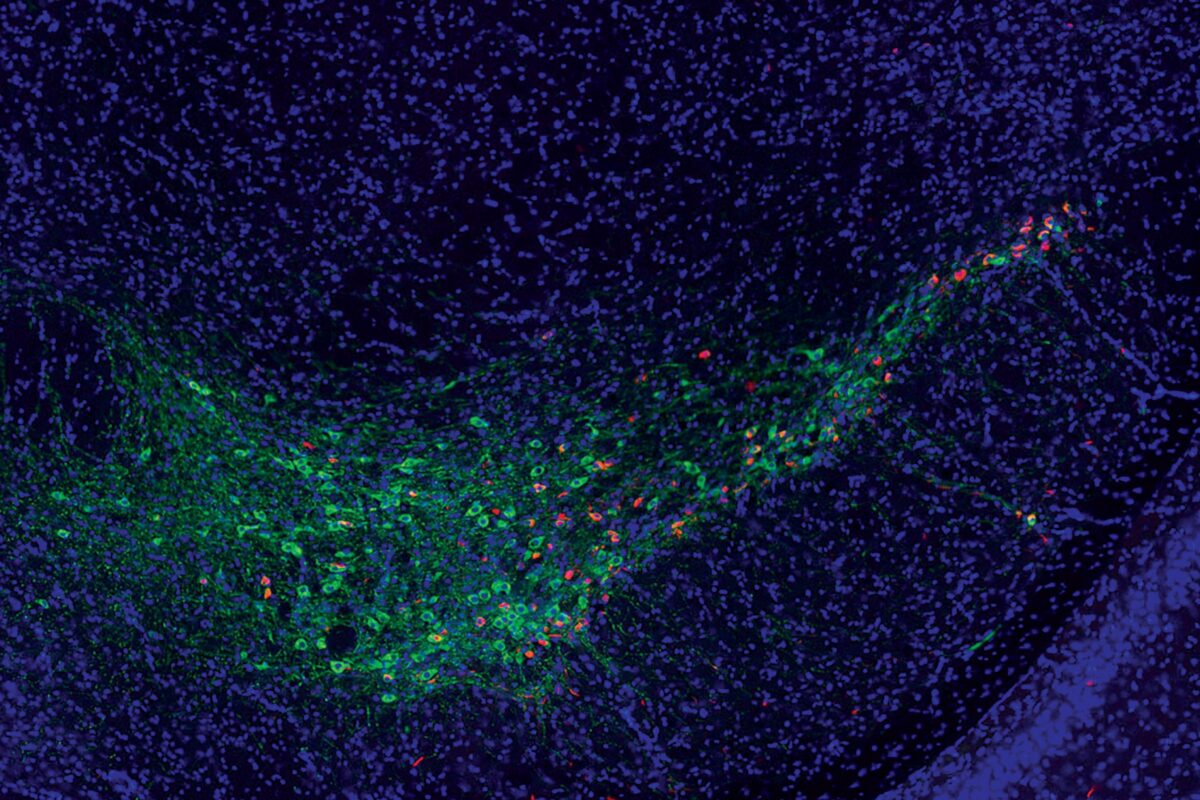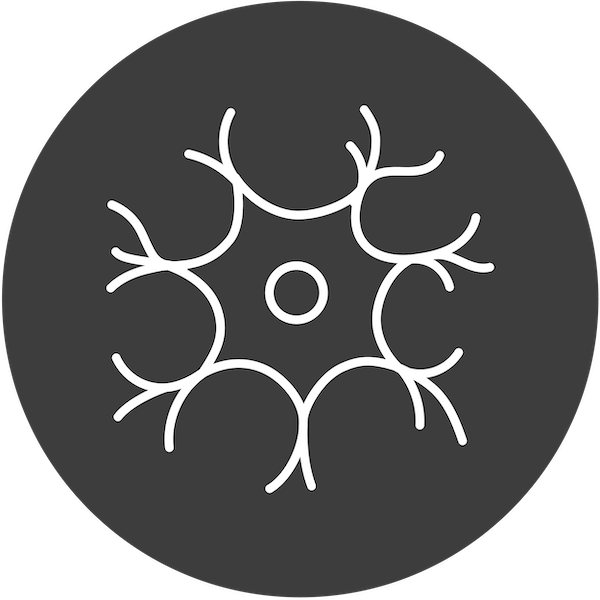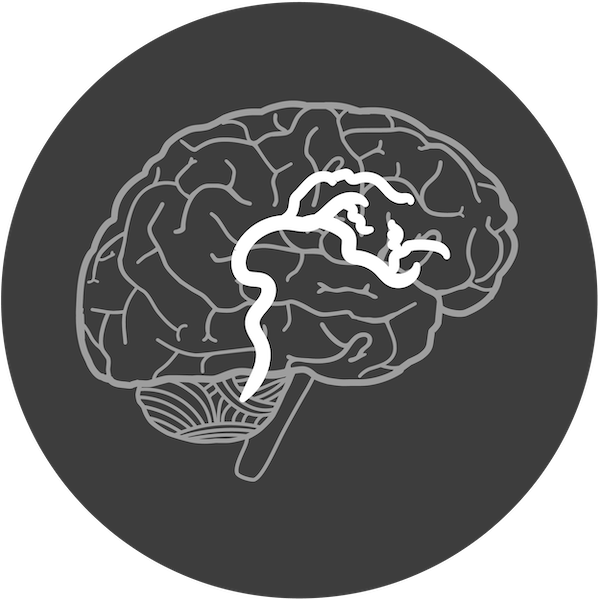
After watching family members struggle with the effects of Alzheimer’s and Parkinson’s disease, Scottrade founder Rodger Riney and his wife, Paula, have directed considerable philanthropic support to neurologists exploring these conditions. Their gifts are powering science that crosses disease boundaries.
Parkinson’s research funding totaling $7 million for Joel S. Perlmutter, MD, the Elliot H. Stein Family Professor of Neurology, has produced several important findings. Using PET imaging, Perlmutter’s team identified new treatment targets associated with brain pathway dysfunction in Parkinson’s patients. It also developed PET tracers to evaluate the role of inflammation in brain damage associated with the disease and to assess the efficacy of experimental anti-inflammatory drugs. This work could shed light on other conditions linked to brain inflammation, such as multiple sclerosis and Alzheimer’s.
To facilitate this promising line of study, the lab has purchased two high-resolution PET/CT scanners with money from the Rineys, one of which was installed in 2021. “The machine permits measurements in much smaller brain areas that are critical for Parkinson’s research,” Perlmutter said. “It’s truly the best scanner in the world for this type of investigation, and it will accelerate our progress.” The second scanner will be installed in the beginning of 2024.

Rodger & Paula Riney
$11 million from 2014 to 2019 for Alzheimer’s disease research
$7.5 million in 2019 and 2020 for Parkinson’s disease research
In the Alzheimer’s arena, a portion of the Rineys’ funding established a clinical trials unit in the Charles F. and Joanne Knight Alzheimer Disease Research Center. The unit, which launched in 2020, has enrolled 50 participants from throughout the St. Louis region in seven trials, including a multicenter trial that led to Food and Drug Administration approval of lecanemab for the treatment of mild Alzheimer’s dementia. The Riney funds also have benefited the Knight ADRC in establishing the utility of a new blood test to aid in the diagnosis of Alzheimer’s disease.
More than just investors, the Rineys are deeply engaged with researchers, who meet with the couple yearly to share scientific updates. “The relationship builds teamwork and trust,” Perlmutter said. “We have the same goals, and we are bringing our resources together to improve lives. It’s a powerful formula
for success.”
“The relationship builds teamwork and trust.”
— Joel S. Perlmutter, MD
Published in the Winter 2023-24 issue









 Share
Share Tweet
Tweet Email
Email